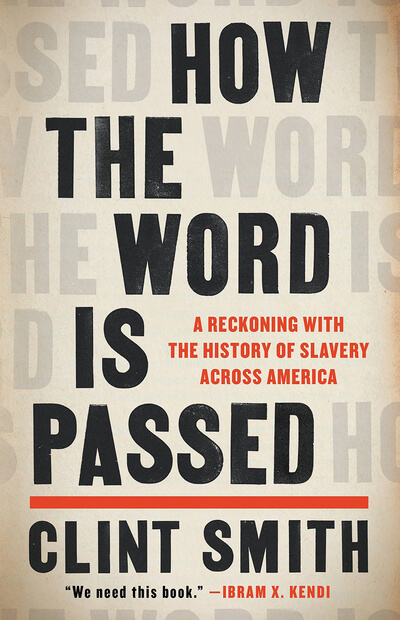Casey Wilson’s The Wreckage of My Presence kicks off with an essay that zigzags from archly funny to matter-of-fact to poignant and back again, nicely setting the tone for the 20 essays that follow. In “Bed Person,” Wilson explains that she “wants to recline at all times,” whether in Pilates class, at parties or in a movie theater. She and her husband routinely eat dinner in bed, and baths are a regular part of her routine. “I am simply a person of comfort and excess,” Wilson writes, which she learned from her parents, an intelligent and eccentric duo prone to displaying big emotions in ways that made her feel humiliated or exhilarated, sometimes simultaneously.
It was devastating when Wilson’s beloved mother died suddenly at 54, not least of all because her passing came at a time of great professional and personal change for Wilson, who’d just left “Saturday Night Live” and was newly cast in the show “Happy Endings.” Overwhelmed, she found solace in watching “The Real Housewives” of various cities. The reality TV franchise became an emotional and career-augmenting lifeline: Wilson's obsession helped her to reckon with her grief, and she now co-hosts the beloved Housewives podcast “Bitch Sesh.”
ALSO IN BOOKPAGE: Summer reading 2021: 9 books to soak in this season
Fans who want more deets about “Happy Endings” will enjoy Wilson’s behind-the-scenes tidbits about the show and its stars. She also provides a list of amusingly pointed don’ts in “People Don’t Know How to Act” (e.g., “don’t not know if you aren’t funny”), details her fascination with Scientology in “Flyentology” and shares a tear-jerkingly lovely Louie Anderson story in “Cool Girl.”
Throughout, Wilson is forthright about everything from her romantic regrets to her experiences with depression and anxiety. She’s successful in many arenas (screenwriting, comedy, movies, TV, podcasting) but views herself as a work in progress, whether as a mother of two, wife, colleague or friend. Her voice in The Wreckage of My Presence is funny and bold, occasionally manic or melancholy, and always hilarious and heartfelt. Fans will turn the last page wanting more.


























